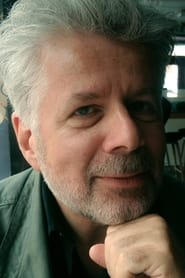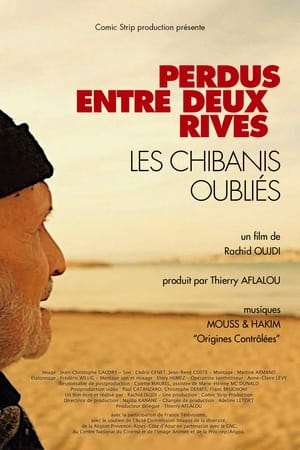
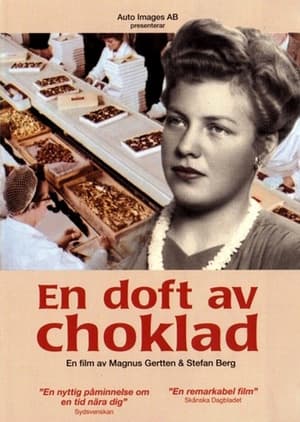
A Scent of Chocolate(2002)
Documentary about Margit Nielsen and her work at the Malmö chocolate factory.

Movie: A Scent of Chocolate
Top 4 Billed Cast
Self
Self
Self

En doft av choklad
HomePage
Overview
Documentary about Margit Nielsen and her work at the Malmö chocolate factory.
Release Date
2002-10-26
Average
0
Rating:
0.0 startsTagline
Genres
Languages:
svenskaKeywords
Similar Movies
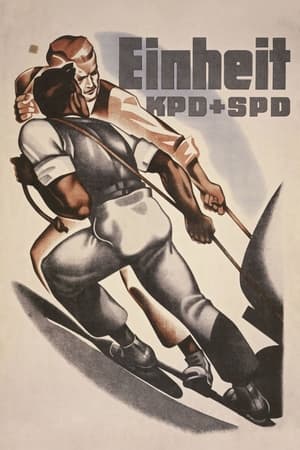 5.0
5.0Unity SPD – KPD(de)
Documentary about the merging of the Communist Party of Germany and the Socialist Unity Party of Germany in the Soviet occupation zone, a merger that would lead to the creation of the Socialist Unity Party that would rule the soon-to-be-created East Germany until 1989.
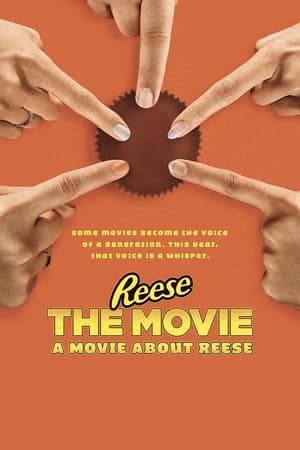 8.0
8.0Reese The Movie: A Movie About Reese(en)
Five of YouTube's top ASMRtists discover the ultimate way to eat REESE Peanut Butter Cups in this weird and wonderful feature film. A sensory experience presented in ASMR audio to give you the chills.
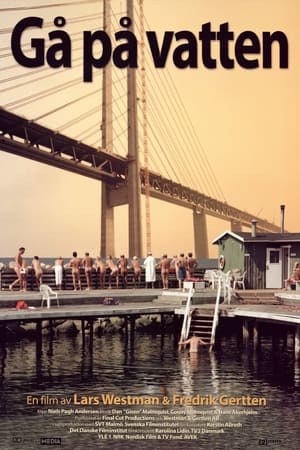 0.0
0.0Walk on water(sv)
An often humorous documentary about the building of the Öresund bridge, connecting Copenhagen in Denmark to Malmö in Sweden. We meet the people who work on production of the bridge, as well as opponents to the idea of such a bridge.
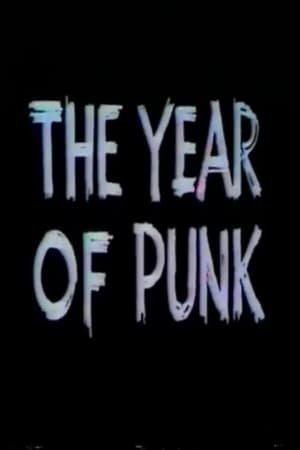 0.0
0.0The Year Of Punk(en)
The summer of the Jubilee in 1977 was mentally dominated by another national anthem - "God Save the Queen" by The Sex Pistols. That same summer was also the summer of punk. Janet Street Porter Reviews The Year Of Punk, Featuring Early Classic Footage Of The Sex Pistols, The Clash, Siouxsie And Others.
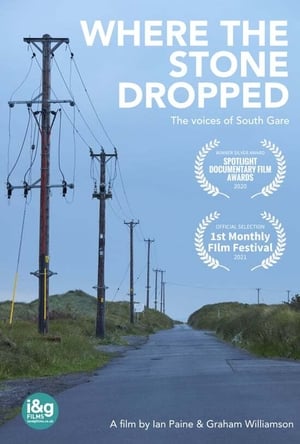 8.0
8.0Where the Stone Dropped(en)
Created in the Victorian era to widen the mouth of the River Tees for shipping, South Gare is a man-made peninsula extending four kilometres into the cold North Sea. Today, the industry it was built for has gone, but the Gare remains as a haven for all sorts of unexpected communities - kite-surfers, photographers, bird-watchers, scuba-divers and the people who simply appreciate its strange, lonely beauty.
 9.0
9.0Muslim School(en)
Zara, 7, has entered Islamia Primary school in Nottingham from a state primary. Aysha, 12, has entered Islamia Secondary, a girls only school, as the only white student. he girls will be taught the standard national curriculum, supplemented by Islamic Studies, Urdu, Arabic, and readings of Islamic Scripture. But how will they find the transition from their previous multi-faith schools?
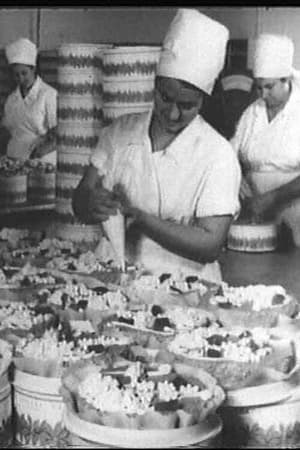 0.0
0.0Charlie Marx and the Chocolate Factory(en)
Charlie Marx and the Chocolate Factory started as an investigation of the link between politics and chocolate, at the Karl Marx Confectionary Factory in Kiev, Ukraine. Since access to the factory was denied, the project had to be re-considered, re-invented or re-enacted. Mostly made of archival footage and re-enacted performances based on the company's website, the film merges what was left of the initial idea with what has been collected and realized instead. It borrows from the genres of video art, 'Man on the street' interview, direct address, corporate film, essay, and music video, without legitimately belonging to any of them. The film unravels as a reflection on its own failure, and yet keeps on investigating what has always been at stake: the shift from public to private property (and from analog to digital technology), dialectics of permanence and change, language as a mirror of ideology, and post-Soviet oligarchy culture.
 0.0
0.0The Three Failures(en)
A fairy tale about communism, social-democracy, and capitalism. (The sequel to Wandering Marxwards)
 0.0
0.0Cadbury at Easter: Secrets of the Chocolate Factory(en)
A behind-the-scenes look at the confectioner that has been crafting Easter eggs since 1875, producing approximately 500 million each year. The program covers the origins of the Easter egg and how George and Richard Cadbury were pivotal in making them a Victorian-era sensation, up to the collaboration with Domino's Pizza to create Creme Egg cookies, a concoction that has stirred up the chocolate and pizza world.
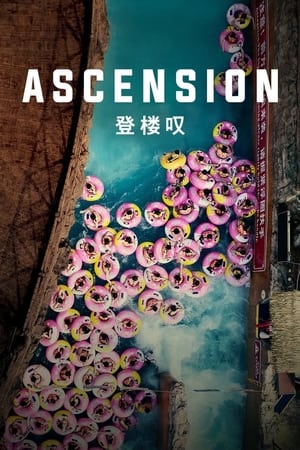 6.8
6.8Ascension(en)
The absorbingly cinematic Ascension explores the pursuit of the “Chinese Dream.” Driven by mesmerizing—and sometimes humorous—imagery, this observational documentary presents a contemporary vision of China that prioritizes productivity and innovation above all.
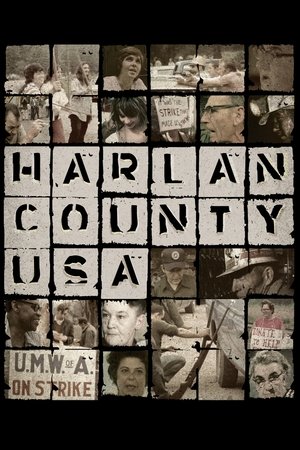 7.5
7.5Harlan County U.S.A.(en)
This film documents the coal miners' strike against the Brookside Mine of the Eastover Mining Company in Harlan County, Kentucky in June, 1973. Eastovers refusal to sign a contract (when the miners joined with the United Mine Workers of America) led to the strike, which lasted more than a year and included violent battles between gun-toting company thugs/scabs and the picketing miners and their supportive women-folk. Director Barbara Kopple puts the strike into perspective by giving us some background on the historical plight of the miners and some history of the UMWA. Preserved by the Academy Film Archive in partnership with New York Women in Film & Television in 2004.
 7.7
7.7Memories to Choke On, Drinks to Wash Them Down(cn)
This anthology film, whose Chinese title begins with a romantic name for human excrement, premiered internationally at Rotterdam and won Best Screenplay from the Hong Kong Film Critics Society. A variety of Hong Kong people wrestle with nostalgia when facing an uncertain future. Their stories give way to a documentary featuring a young barista turned political candidate.
 0.0
0.0September Five at Saint-Henri(fr)
This short film is a series of vignettes of life in Saint-Henri, a Montreal working-class district, on the first day of school. From dawn to midnight, we take in the neighbourhood’s pulse: a mother fussing over children, a father's enforced idleness, teenage boys clowning, young lovers dallying - the unposed quality of daily life.
Multi Story(en)
On the edge of Dundee a 17-story tower block awaits demolition, the last of its kind on the once sprawling Ardler housing estate. Its residents are either gone or going. We undertake a journey, moving steadily upwards, exploring the space, drifting through deserted corridors and rooms. The memories of former residents accompany the voyage.
Beyond Ratings(hi)
Three women share their experience of navigating the app-world in the metro city. The sharings reveal gendered battles as platform workers and the tiresome reality of gig-workers' identities against the absent bosses, masked behind their apps. Filmed in the streets of New Delhi, the protagonists share about their door-to-door gigs, the surveillance at their workplaces and the absence of accountability in the urban landscape.
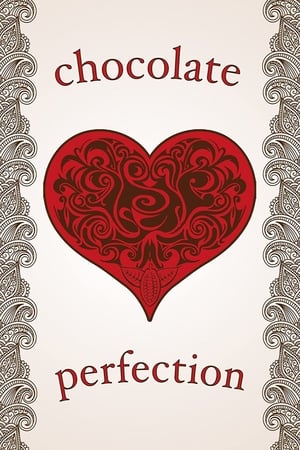 0.0
0.0Chocolate Perfection(en)
Michel Roux Jr sets out to discover the secret of chocolate, not just why we're addicted to the sublime and complex foodstuff but it’s rich and varied history. From a sacred drink of Aztec Emperors to the aphrodisiac of choice at the court of Louis XIV in Versailles.
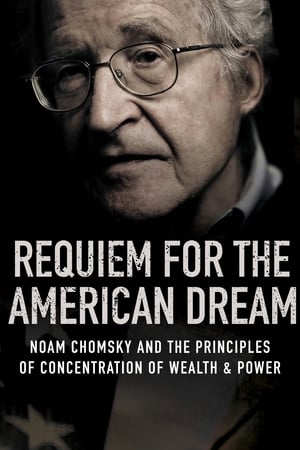 7.7
7.7Requiem for the American Dream(en)
Through interviews filmed over four years, Noam Chomsky unpacks the principles that have brought us to the crossroads of historically unprecedented inequality – tracing a half-century of policies designed to favor the most wealthy at the expense of the majority – while also looking back on his own life of activism and political participation. He provides penetrating insight into what may well be the lasting legacy of our time – the death of the middle class, and swan song of functioning democracy.
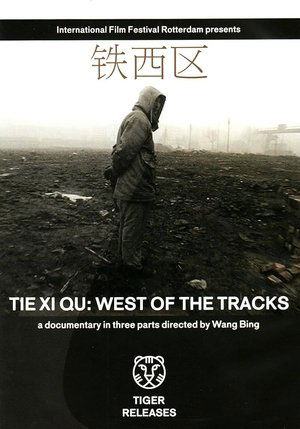 7.7
7.7Tie Xi Qu: West of the Tracks(zh)
A detailed look at the gradual decline of Shenyang’s industrial Tiexi district, an area that was once a vibrant example of China’s socialist economy. But industry is changing, and the factories of Tiexi are closing. Director Wang Bing introduces us to some of the workers affected by the closures, and to their families.
